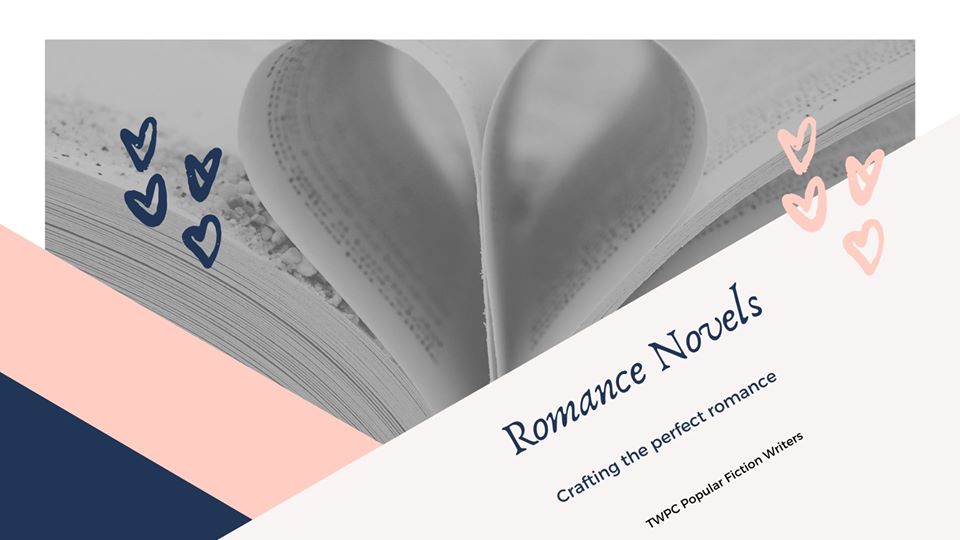Romance - DefinitionsA romance novel is generally defined as a "love story" that follows an emotional journey towards an uplifting and emotionally satisfying "happily ever after". The one rule in romance is that it MUST end happily. Otherwise, your novel is a 'love story' or contains 'romantic elements'. More definitions and statistics about romance can be found at Romance Writers of Australia, Romance Writers of New Zealand, and Romance Writers of America. Romance - SubgenresContemporary romance - set in the current time period (1950s onwards) Historical romance - set in any historical time period (before 1940s and WWII) Paranormal romance - romance with paranormal characters and/or elements Medical romances - set within the medical setting - a Mills and Boon category line Rural romance - set in rural Australia Western romance - in the American western setting Erotic romance - high sexual tension and explicit detail Just to name a few... Romance TropesTropes are an identifiable marker or theme that instantly tells the reader what the story is about. Best Friend's Sibling - a romance where the hero or heroine is best friend's with their lover's sibling Reunion - a romance between two characters who've had a romance previously Friends to Lovers - friends who take their relationship to the next level Enemies to Lovers - a couple who have opposing conflict...hopefully they don't necessary hate each other. Fish out of Water - a character is in a different or new situation they're struggling with Office Romance - the couple work together Nanny - (usually) the woman is employed to look after the (usually) hero's kids Secret Baby - there is a baby that the (hero) didn't know he had Sudden Baby - a character suddenly inherits a child they need to care for Accidental Pregnancy - the characters accidentally fall pregnant Marriage of Convenience - the characters enter into a marriage for reasons other than love Just to name a few... ConflictThere are two types of conflict:
Internal conflict - conflict that comes from inside the character - their thoughts, feelings, fears, etc External conflict - conflict that comes from an external force - a living situation, a threat of danger, an enemy, etc Types of internal conflict include: Fears, dreams, trauma, emotional scars, physical scars, self-esteem, self-confidence, grief, believing in yourself, past hurts Types of external conflict include: A sick loved one, a natural disaster, a stalker, a killer, new situation, a disease, work situation Just to name a few...
0 Comments
Leave a Reply. |
Archives
October 2021
CategoriesAll Almost A Princess A Short Read Awards Book Review Burdekin Characters Charity Conference Crime Novels Crime Writing Dogs In Fiction Editing Fantasy Novels Festivals Fiction Foreshadowing GenreCon Goals Just For Fun Lifestyle Motivation Plotting Point Of View Popular Fiction Group Queensland Writers Centre Rainforest Writing Retreat Reading Red Herrings Rivenhall Manor Romance Novels Romance Writers Of Australia Romantic Novelists' Association Setting Shadow Creek Books Thriller Novels Townsville Tropes TWPC Voice Writers Life Writing Writing Retreat Writing Workshop |

 RSS Feed
RSS Feed